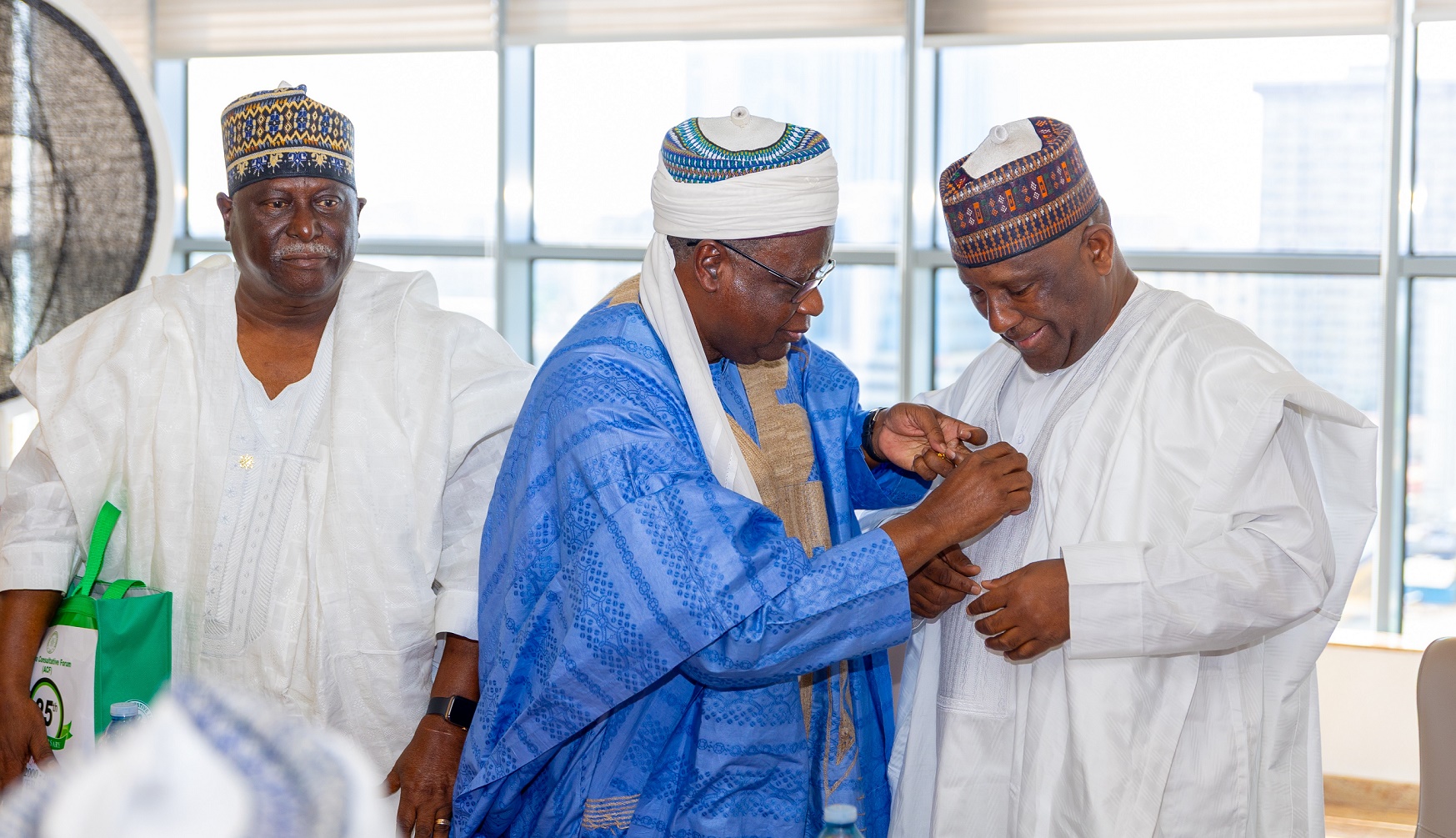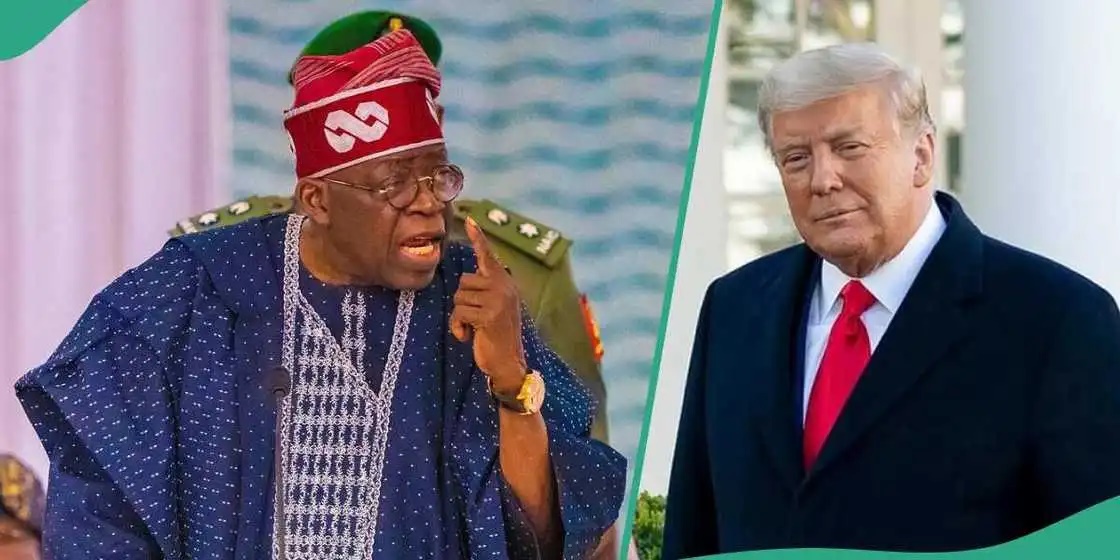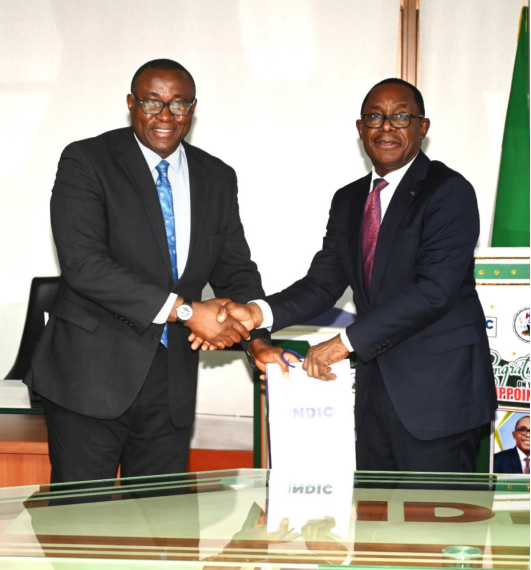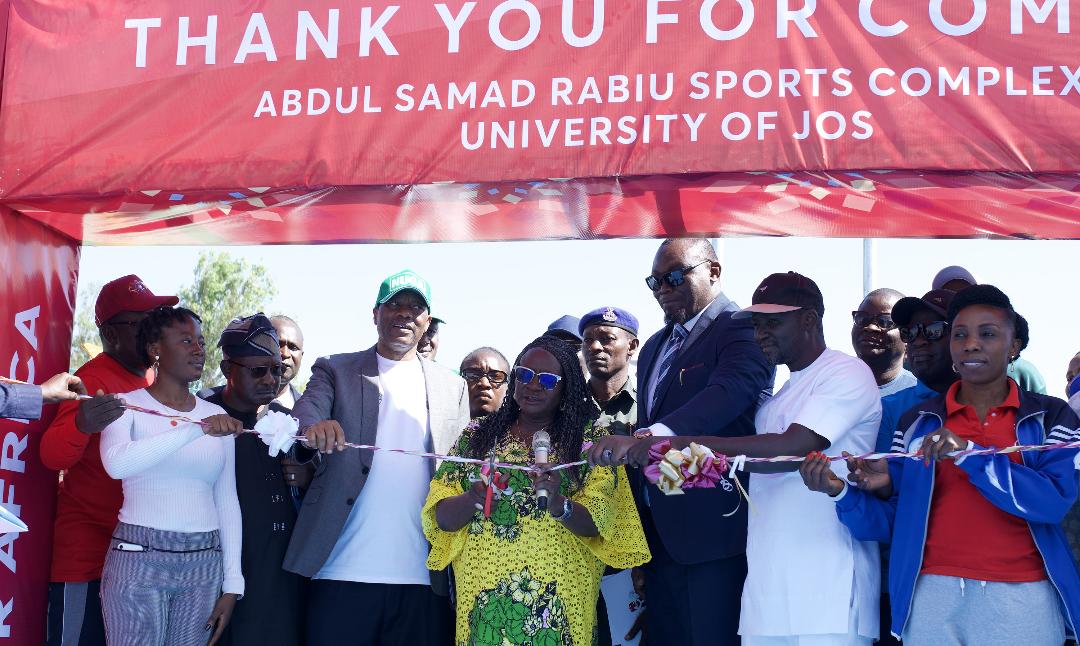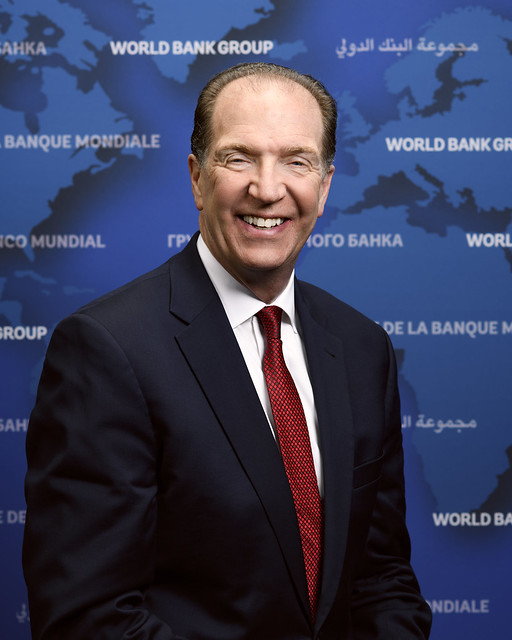
*Says Transparency Needed In Anti-corruption War
*Applauds Removal Of Subsidy On Petrol
President of the World Bank Group, David Malpass, on Wednesday urged the Nigerian government to rethink last year’s closure of the nation’s land borders, to facilitate cross border trade and to allow commerce to take place.
In answer to a question on what can be done to strengthen global trade and in the process, GDP, during the World Bank Group’s virtual Annual Meetings Press Conference, Malpass spoke of the need to promote trade facilitation.
Specifically, he continued, “between Benin and Nigeria, there are high tariff barriers on rice, which is distortive and expensive, so finding steps that can be done. That means a safe environment… that means one that is available to all people… that’s not discriminatory in terms of the way it operates.
“And I think looking more broadly, it’s the commitment by countries around the world, a recognition that commerce is critical to people’s rising living standards. We strongly support moves worldwide to allow more trade and to reduce the barriers to trade,” he stressed further.

Trade facilitation, he stressed, “means trying to keep markets open across borders and, where markets are closed, lowering the barriers that occur.
He said the bank is working on a number of fronts, and that the Development Committee meeting, (the IMFC meetings) will discuss the economy, given that the recession has been deep, one of the deepest since the Great Depression, which has greatly impacted many developing countries and people in the poorest countries.
The World Bank Group President described the Coronavirus pandemic and the ensuing lockdown as a “catastrophic event,” which “is continuing to add to the ranks of those in extreme poverty.”

On human capital in Africa and particularly Nigeria, with an enormous youth population and rising unemployment, made worse by concerns arising from the pandemic, Malpass said it is problematic without an evident solution. This, is why, he said, it “harder to see the opportunities,” under such circumstances, which he described as “a bad thing that happened to the world and particularly to poor people in the world.”
The “K-shaped recovery” (in which the developed countries are see recovery and the poor nations a slump), he continued “is a daunting challenge, because of the inequality that is expressed in that kind of outlook.”
Specifically, he stressed that the vital step for Nigeria, is the need to strengthen her “health system and the education system, and we try to work in those areas.
“Also, the governance system and transparency are vital in order to reduce the corruption within the system. I compliment Nigeria for tackling the problem of subsidies in the hydrocarbon area.
“By reducing those subsidies and allowing gasoline prices to rise – it’s very hard for governments to do that — there are substantial benefits. It means that there are fiscal savings. It also means there are environmental benefits that are large, and it also allows markets to work better and to allocate resources better. So, I think progress is being made in that area and it’s valuable.”
The critical issue, he believes, is that “each country has to confront or has to think about where it wants to be in a post-COVID world that’s going to be very different from the pre-COVID world.
“That means a different way of people interacting, hopefully better; a greener way of operating; and an emphasis on health care. I mentioned earlier that we’ve extended the emergency health response to include vaccines and distribution of vaccines for COVID, but it also has the benefit of helping the vaccination programs in other areas and the healthcare outreach in other areas that will be so valuable.”









